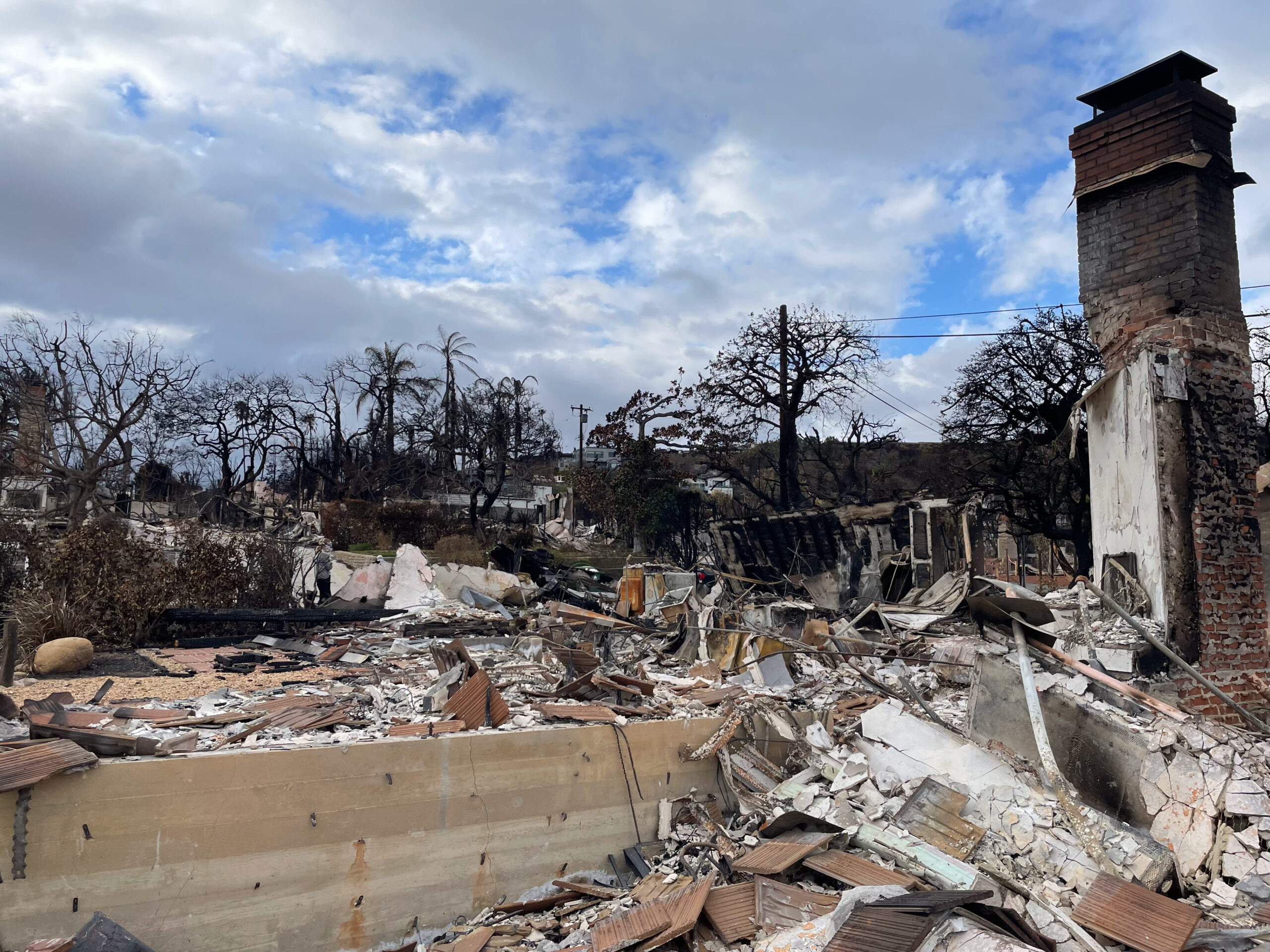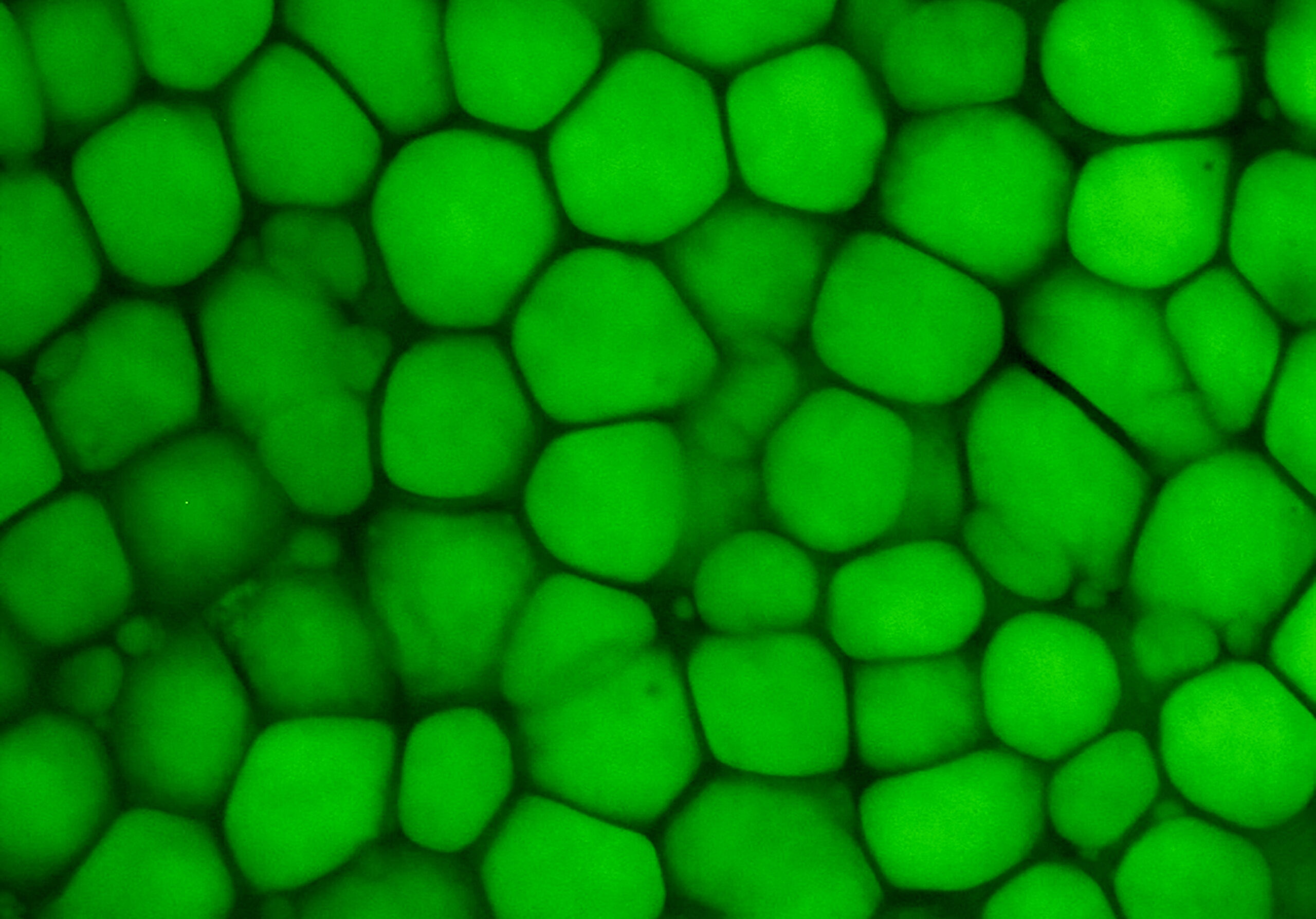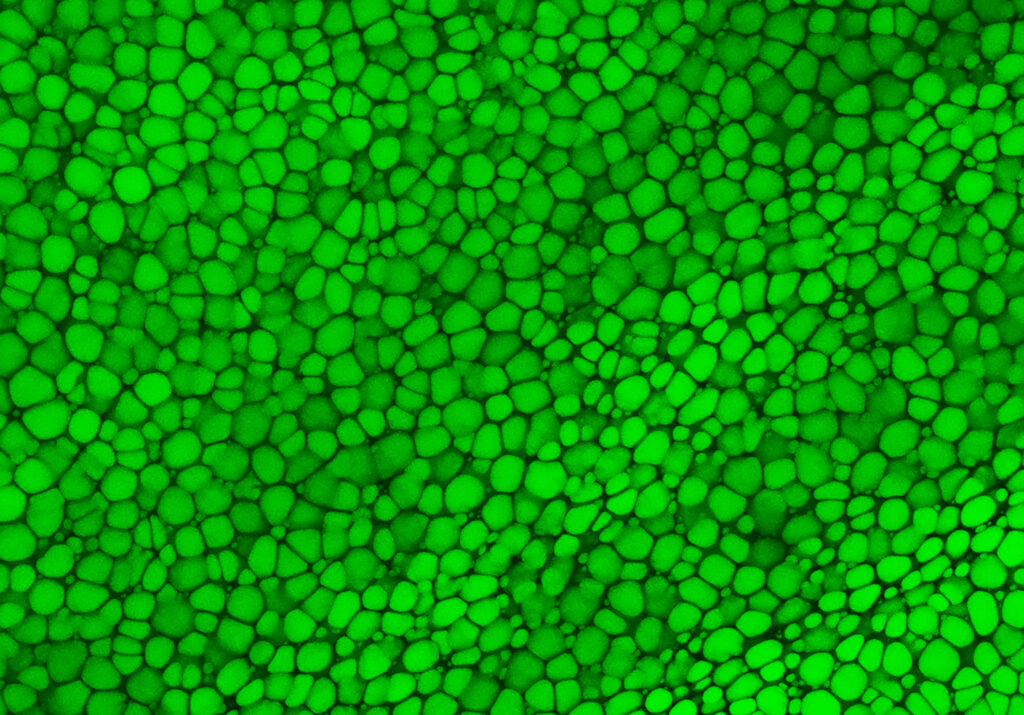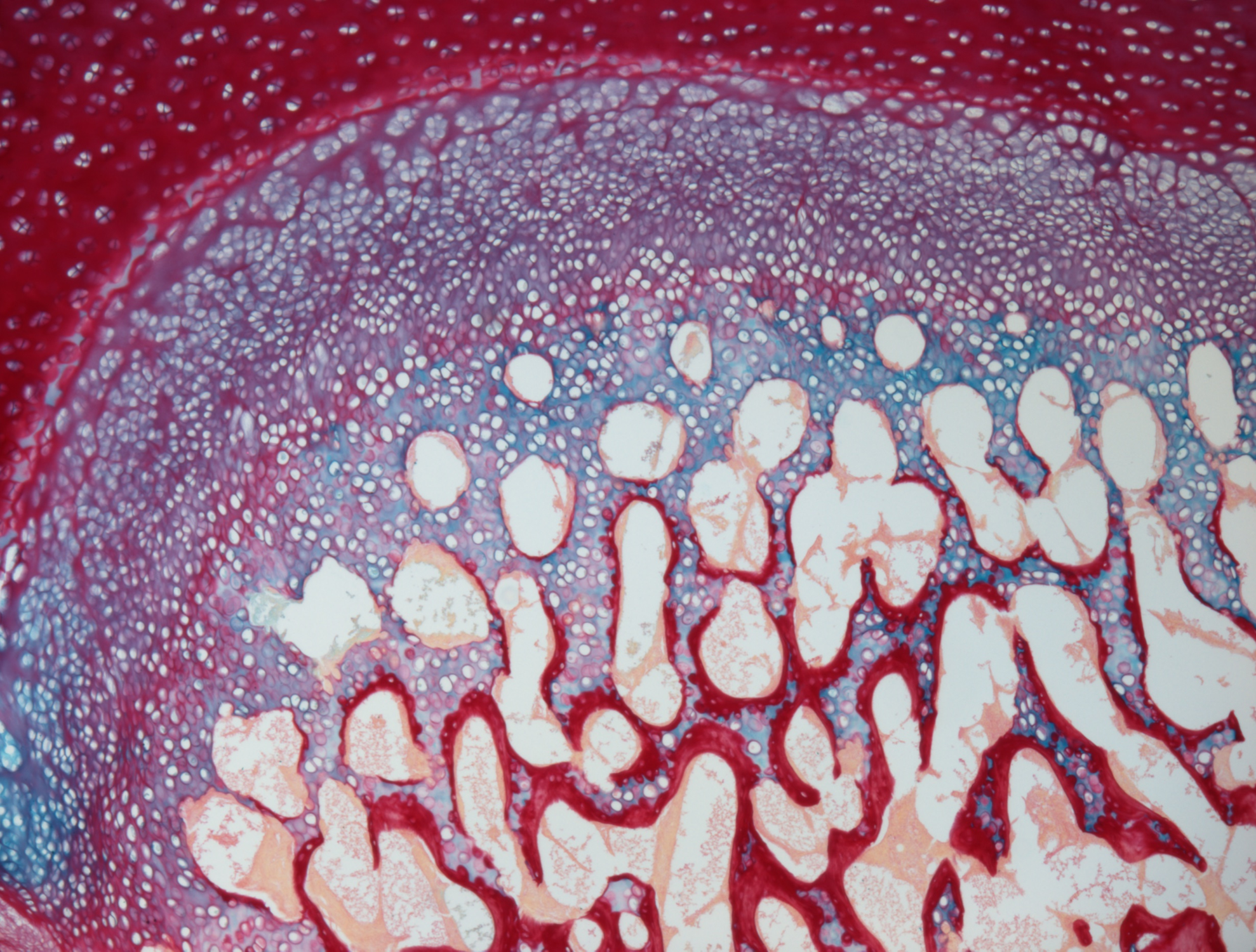About
News

The W. M. Keck Foundation remains committed to supporting the continuing recovery and rebuilding efforts following this January’s devastating wildfires in Los Angeles. So far, we have made grants totaling over $4.5 million towards disaster relief efforts. Our most recent round of grants, totaling over $2.5 million, supports schools; displaced workers and foster families; families’ basic needs; childcare and emotional recovery; and legal help to small businesses and tenants. Recent grantees include:
- Alliance for a Better Community
- Bet Tzedek
- Boys & Girls Club of Pasadena
- Boys & Girls Club of Santa Monica
- Change Reactions
- Child Care Alliance of Los Angeles
- Educators for Excellence
- El Nido Family Centers
- Families Forward Learning Center
- Five Acres
- Foothill Family Service
- Inclusive Action for the City
- Mar Vista Family Center
- Public Counsel
- St. Joseph Center
- Sycamores
- Union Station Homeless Services
- Westside Food Bank
- YMCA of Metropolitan Los Angeles
- Numerous schools in fire-affected areas
This is in addition to the six organizations that received grants to support immediate relief in January:
- American Red Cross
- Direct Relief
- Los Angeles Fire Department Foundation
- Pasadena Community Foundation
- World Central Kitchen
- Shelter Partnership
We are proud to support Los Angeles’ recovery and continue to analyze the most effective ways to contribute toward longer-term rebuilding efforts.

Wildfires are a fact of life in many parts of the world, including Southern California, the home of the W. M. Keck Foundation. The recent Palisades and Eaton fires were devastating to both life and property, and their effects will be felt for many years to come. Even after they are extinguished, the secondary consequences of wildfires linger. In addition to providing direct relief to the victims of the fires, the Keck Foundation has actively invested in understanding some of the downstream effects of wildfires.
In 2021, the Foundation made a $1.2 million Medical Research award to support a collaborative effort among the University of Florida, the University of Idaho, and Kaiser Permanente of Northern California to investigate how wildfires might disperse microbes that cause fungal infections. The team is using unmanned aircraft to capture smoke particles from wildfires to identify the fungi they harbor. They are also analyzing medical records to study the effects of wildfire smoke on the incidence of fungal infections.
A group of investigators at Stanford University received a $1.6 million award in 2022 to improve our ability to accurately quantify the benefits and costs of interventions to reduce the harms from wildfire smoke. This work studies both wildfire smoke, including characterizing its pollutants (e.g., lead, arsenic, and other heavy metals), as well as its effects on humans by measuring toxins found in the blood of firefighters and monitoring hospital visits from the general population.
Most recently, in 2023, the Foundation awarded a team at Colorado State University a $1.2 million Science and Engineering grant to study indoor air pollution. The group is investigating not only how chemicals disperse through a building’s environmental control (HVAC) system, but also how these molecules react with other pollutants such as ozone. This work builds on previous efforts by Principal Investigator Professor Delphine Farmer that showed how wildfire smoke leaves harmful materials on floors and walls.
The W. M. Keck Foundation is proud to support this research into the long-term downstream effects of the wildfires that affect our communities today.

In December of 2021, the Foundation made a $1 million award to Drs. Maksim Plikus and Kyriacos Athanasiou at the University of California, Irvine to characterize an understudied cell type called the lipochondrocyte (LC), which secretes a small amount of extracellular matrix but contains a prominent intracellular lipid-filled vacuole, much like a fat cell. The investigators hypothesized that lipogenesis is critical for the structure-function relationship of LCs and that, analogous to “bubble wrap,” a tissue can acquire cartilage-like biomechanics via tightly packed, lipid-filled cells instead of voluminous, “packing foam”-like extracellular matrix.
In a study recently published in Science, the team found that LC precursor cells in the ear cartilage of mice start out as being similar to the progenitors of ‘conventional’ cartilage, but then as they undergo terminal differentiation, LC precursors activate lipid metabolism genes, including de novo lipogenesis enzymes that convert glucose to fatty acids. However, unlike fat cells, LCs could not take up additional fatty acids from the circulation, nor break down the stored lipids, resulting in very stable fat-filled bubbles.
Through a large network of collaborators, the investigators identified LCs in the tissues of many phylogenetically diverse mammals, including the intricately shaped ears of the bat, but curiously not in those of non-mammalian species that lack external ears such as amphibians, reptiles, and birds. The team also successfully differentiated human embryonic stem cells into organoids with structures that resembled developing “lipocartilage” found in the face and neck. These findings uncovered a hitherto uncharacterized role of LCs in the development and biomechanics of flexible cartilage, inspiring novel approaches to regenerate cartilage.


The W. M. Keck Foundation expresses heartfelt sympathy for all those affected by the wildfires in Southern California. We are taking immediate action to support disaster relief and rebuilding efforts.
Our family, employees, directors and members who live in affected areas across Los Angeles are thankfully safe. The widespread destruction has been devastating. We are incredibly proud of our employees who have been helping each other and volunteering in their surrounding communities.
As we have after other disasters affecting our community, we are using our resources to help. We have made relief grants totaling $2.0 million with a focus on immediate human needs and educational assistance. We are working diligently to find ways to contribute toward long-term rebuilding efforts for the communities, organizations and schools impacted in both the Palisades and Eaton fires.
Immediate grantees include:
Los Angeles Fire Department Foundation toward wildfire emergency funding to equip LAFD firefighters with disaster relief equipment and supplies.
Direct Relief toward Los Angeles wildfire response to provide equipment, medicine and other resources to healthcare agencies and first responders in wildfire-affected communities across California.
American Red Cross toward Los Angeles wildfire response to provide safe shelter, food, emotional support and other critical services to those impacted by fires in Southern California.
Pasadena Community Foundation’s Eaton Canyon Fire Relief and Recovery Fund toward support to local nonprofits (such as the Boys and Girls Club of Pasadena, Foothill Family Services, Meals on Wheels and the Pasadena Humane Society) to respond to the area.
World Central Kitchen focuses on the frontlines, providing meals to first responders and residents impacted by the wildfires.
Shelter Partnership distributes non-perishable items to non-profit organizations and schools in Los Angeles County including soap, toothbrushes, toothpaste, deodorant, shampoo, toilet paper, bedding, baby wipes, diapers, underwear and clothing.
It is encouraging to see the amount of love and support towards all in the community. We look forward to further identifying ways to help rebuild our city.

In December 2024, the Foundation’s Board of Directors awarded grants to 27 organizations, totaling $22.6 million. Abstracts for these grants have been released. Congratulations to all our grantees this cycle!
14 grants were awarded in the Research Program, totaling $18.1 million. Abstracts for this cycle’s Research grants are available here.
13 grants were awarded in the Southern California Program, totaling $4.5 million. Abstracts for this cycle’s SoCal grants are available here.

In December 2020 the Foundation made a grant to the University of Texas, Southwestern (UTSW) Medical Center in Dallas, to understand the biochemical functions of mysterious proteins called “pseudoenzymes.” While our chromosomes contain genes to encode almost 3,000 enzymes with identified catalytic functions, there are many more which can be seen in the DNA sequence but with unknown functions. Likewise, there are mystery genes in all non-human organisms, including those that infect us and cause disease. In this Keck project, an early career investigator at UTSW, Vincent (Vinnie) Tagliabracci, and three coinvestigators (Krzysztof Pawlowski, Diana Tomchick and John Schoggins), set out to solve some of these mysteries and find functions for some pseudoenzymes. The project soon turned to a very topical target: a pseudoenzyme in the COVID virus genome. Vinnie and his team were able to show that a COVID gene called “nsp12” encodes a protein that completes the RNA genome of the virus by adding a chemical “cap” to its front end. This cap is necessary for the virus to infect us, and so is a new possible target for anti-viral drugs. Their work was published in Nature in 2022 and could lead to a new class of anti-viral drugs, useful against COVID and related coronaviruses. More recently, they went on to test more than a third of a million compounds and found one that acts to inhibit the nsp12 viral RNA capping enzyme. Since he received this Keck grant, Tagliabracci has been promoted to associate professor at UTSW, and he was appointed as a Howard Hughes Medical Institute Investigator (in 2021) and he received the Edith and Peter O’Donnell Award in Biological Sciences from The Academy of Medicine, Engineering and Science of Texas in 2024.